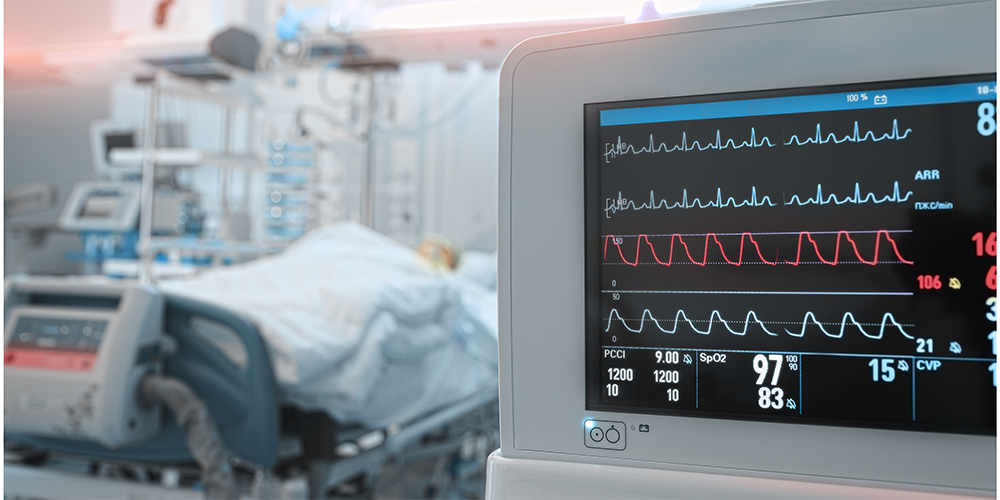
The post-master’s program at USI is for nurses currently holding an MSN who want to add a specialty. As a student in the Adult-Gerontology Clinical Nurse Specialist (AG-CNS) program at USI, you’ll acquire the knowledge and experience to provide services to individuals in an area of specialization across the lifespan in health promotion, disease prevention, and management of common acute and/or chronic illness. You’ll learn to function as an expert clinician, leader, researcher, educator and consultant that exerts influence in three spheres: patient/family, nursing personnel and organization systems.
USI’s AG-CNS program is recognized by the American Association of Critical Care Nurses. As an AG-CNS student, you may meet the educational eligibility requirements for the ACCNS-AG certification exam. The program focuses on legal, socioeconomic, political, cultural, and ethical considerations of the population. There are a total of 24 credit hours in the specialty with additional direct clinical hours.
*Acceptance of course transfer credit is at the discretion of the Graduate Chair or designee.
For consideration of transfer credit for Advanced Pathophysiology, Pharmacology and Physical Assessment, the student may provide the following:
There are 24 credit hours in the specialty with additional direct clinical hours.
We are currently not accepting applications to this program.
The job outlook for someone with a post-master's certificate in Adult-Gerontology Clinical Nurse Specialist (AGCNS) is promising, with opportunities growing due to the aging population and increasing demand for specialized care in healthcare systems. Here’s an overview:
Growing Need for Geriatric Care: The aging U.S. population means there is a rising need for healthcare professionals who specialize in the care of older adults. AGCNSs are well-positioned to provide specialized care for this demographic, particularly in managing chronic illnesses, improving quality of life, and guiding best practices in elder care.
Varied Employment Settings: AGCNSs can work in a variety of settings including hospitals, long-term care facilities, outpatient clinics, rehabilitation centers, and home healthcare. They also serve as leaders in policy-making, education, and healthcare system improvement.
Advanced Practice Role: AGCNSs are considered advanced practice nurses (APNs), which are in demand. They can diagnose and treat patients, manage clinical programs, and implement evidence-based practice to improve patient outcomes.
*income information provided by O*NET Online. Occupation opportunities vary by region and experience.
The University of Southern Indiana is committed to making college accessible to those wishing to further their education by providing numerous scholarships, grants, and financial aid options to assist students in managing tuition expenses.
 The Post-MSN APRN Certificate Program at the University of Southern Indiana is accredited by the Commission on Collegiate Nursing Education (http://www.ccneaccreditation.org).
The Post-MSN APRN Certificate Program at the University of Southern Indiana is accredited by the Commission on Collegiate Nursing Education (http://www.ccneaccreditation.org).
Requirements for licensure and certification vary by profession and by state. USI has reviewed the educational requirements for each state and licensing agency to determine if the academic program here at USI meets the educational requirements to be eligible for licensure/certification in each state or not. Please note that some states may have additional requirements for licensure, such as residency requirements, additional non-academic certifications, etc. that USI cannot determine. We encourage you to check with your state's licensing agency for all requirements needed to obtain licensure.
For more information regarding the American Nurses Credentialing Center (ANCC), click here. For more information on the American Association of Nurse Practitioners (AANP), click here.


